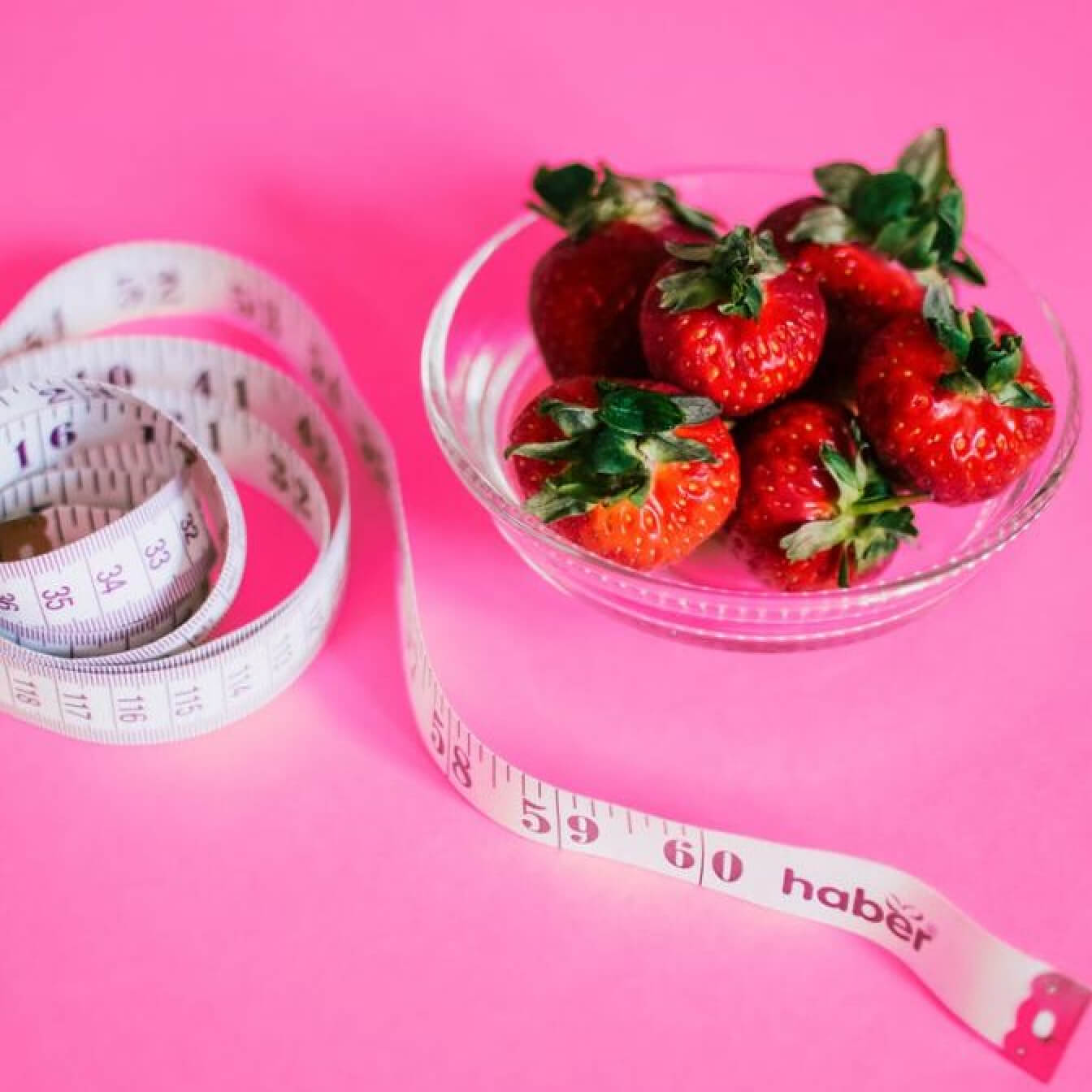Who is at risk of Postnatal Depression?
Mothers who have had past psychiatric illnesses, especially major depression, are at risk of developing PND. If a mother has been diagnosed with depression during her pregnancy, it is also highly likely that she will develop PND after giving birth. Stress factors from welcoming a new baby such as financial worries, a strained marital relationship, poor emotional and instrumental support and an unfavourable confinement period can also contribute to the chance of experiencing PND.
Among Singaporean mothers, the common stressors experienced are breastfeeding difficulties, personality factors (like perfectionism and anxiousness), negative childhood experiences, childcare difficulties and work-related problems. While PND may develop after the first few weeks after delivery, it can start at any time within the first year after giving birth. The symptoms can gradually increase over time or it could be with you during your pregnancy and surface only after giving birth to your child.
What are some common symptoms of Postnatal Depression?
There can be many reasons for PND in mothers, and it differs for every individual. It is also possible that there could be more than one cause that could suddenly trigger PND.
Some of the common symptoms of PND include:
- Constantly feeling sad/being in a low mood
- Extreme tiredness and low energy
- Losing interest in activities you used to enjoy
- Poor sleep
- Feelings of inadequacy and guilt
- Tearfulness and irritability
- Physical symptoms such as body aches and panic attacks
- Negative feelings towards your baby/child
It is common for many mothers to experience these feelings at any time during their parenthood. However, if these feelings persist for a long period of time, it may be possible for you to be at risk or already have PND.
How can I prevent Postnatal Depression?
PND can be treated effectively if the symptoms are identified early and action is taken. If you feel that you are at risk or are developing PND, talk to your family doctor. You may be prescribed with psychological treatment which is recommended for those who do not wish to use medication or have milder forms of depression. These treatments can help you understand and cope with your stressors and set goals to overcome PND.
If the depression is more acute, you may be prescribed medication or anti-depressants. These medications help to elevate and stabilise your moods. However, whether you need to be prescribed medication depends on factors such as the severity and your medical history. Medication should only be taken under your doctor’s advice.
Another way you can help in preventing PND is through developing strong social bonds with those around you. You can engage with mom support groups to make new friends who are also new mummies and prevent yourself from feeling isolated. Talking with your spouse and other family members is also recommended to help establish strong support from those close to you.
Other things you can do to help yourself through PND is to ensure you get good amount of sleep, eating a balanced, healthy diet and getting adequate amounts of exercise.
It is important to know that you are not alone during your postpartum period. Knowing the symptoms and keeping yourself in check is an effective way to lower the risk of you having PND. Keeping your mental and physical health up is the best way for you to ensure you are able to give the best care to your new born too!





.jpg)